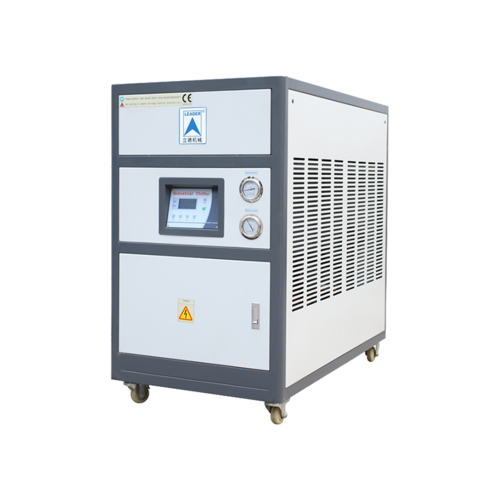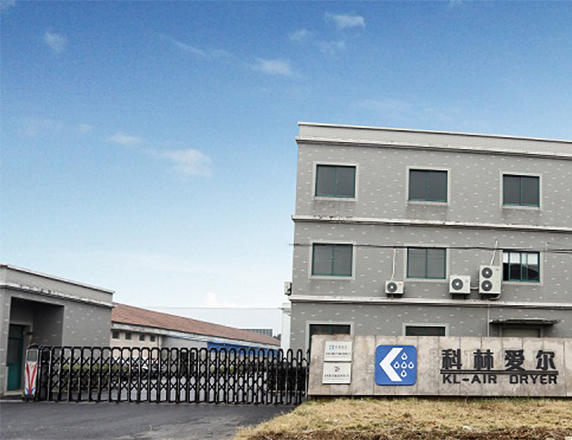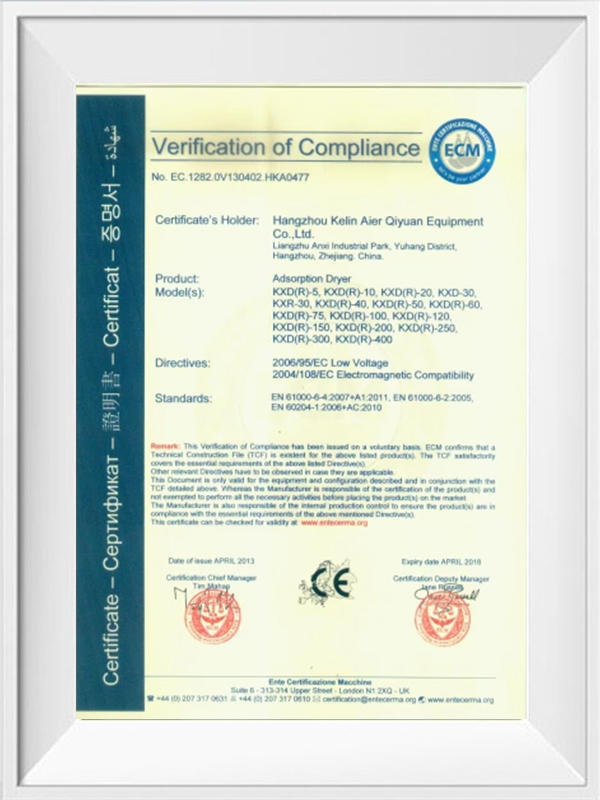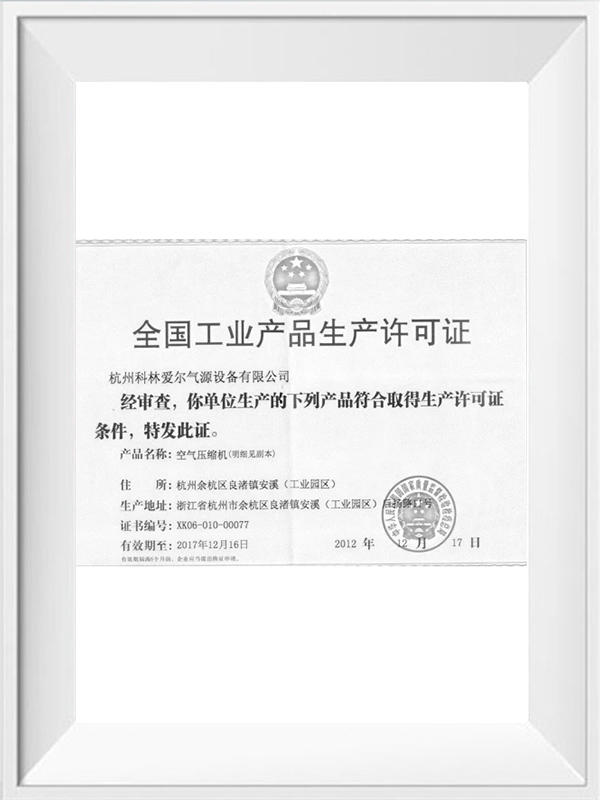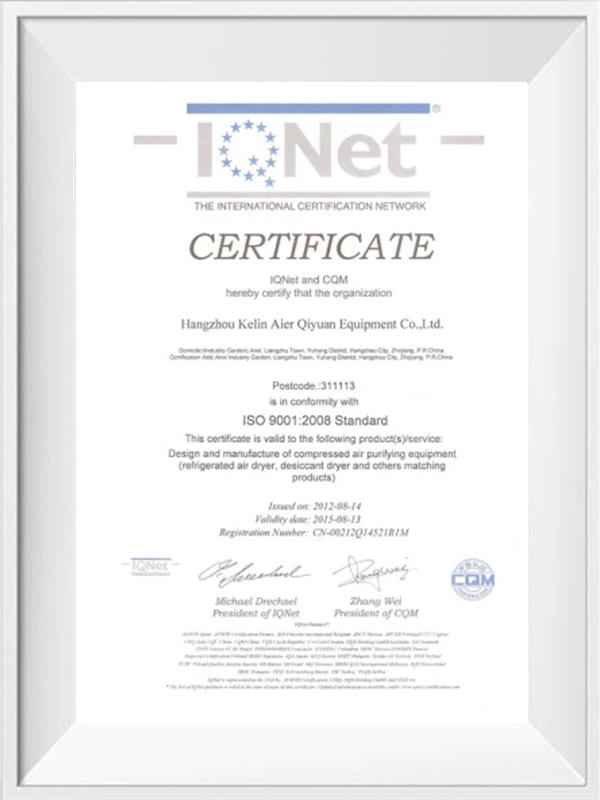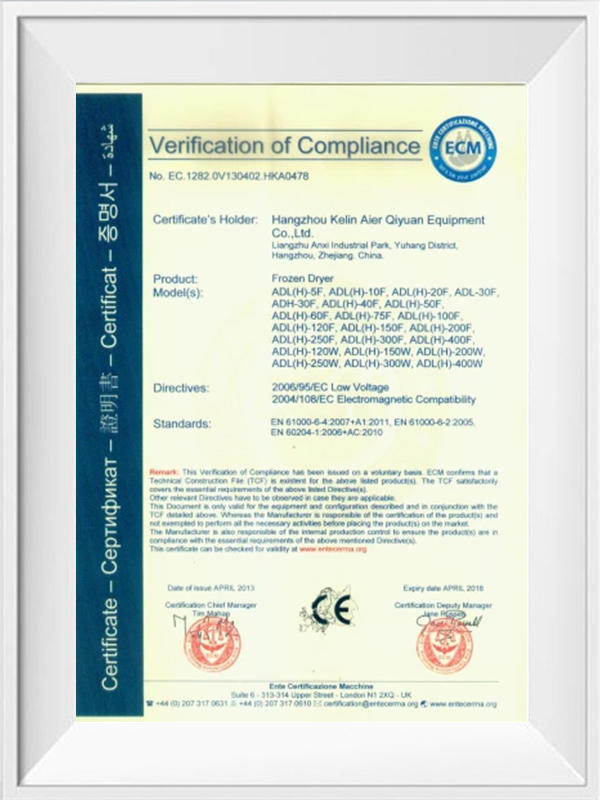Industry knowledge extension of this category
What are Water Chillers?
Water chillers are cooling systems that are used to regulate the temperature of water or other fluids. They are commonly used in industrial, commercial, and residential applications to provide cooling for a wide range of processes and equipment, such as air conditioning systems, refrigeration systems, laser cooling, process cooling, and swimming pools.
A water chiller typically consists of a refrigeration cycle, a heat exchanger, a compressor, an evaporator, a condenser, and a cooling tower. The refrigeration cycle removes heat from the water or other fluid and transfers it to the surrounding air, thus cooling the water or fluid. The heat exchanger is used to transfer heat from the fluid to the refrigerant, while the compressor is used to compress the refrigerant and circulate it through the system. The evaporator is used to absorb heat from the fluid and the condenser is used to release the heat to the outside air. The cooling tower is used to dissipate the heat that is rejected by the condenser.
Water chillers are available in various capacities, designs, and configurations to meet the needs of different applications, and they are an essential component of many industrial, commercial, and residential cooling systems.
Use of Water Chillers
Water chillers have a wide range of uses across various industries and applications, including:
1.Industrial Process Cooling: Water chillers are used to cool industrial processes, such as plastic molding, chemical reactions, and food processing, to maintain precise temperatures and improve product quality.
2.Laser Cooling: Water chillers are used in laser cooling systems to regulate the temperature of the laser and improve its performance and stability.
3.Data Centers: Water chillers are used to cool electronic equipment in data centers, such as computers and servers, to prevent overheating and improve performance.
4.Medical Equipment: Water chillers are used to cool medical equipment, such as MRI machines, to regulate the temperature and prevent overheating.
5.Aquariums and Pools: Water chillers are used to regulate the temperature of water in aquariums and swimming pools, to maintain a comfortable temperature for plants, animals, and people.
Advantages of Water Chillers
There are several advantages of using water chillers, including:
1.Precision Temperature Control: Water chillers can provide precise temperature control, which is essential for many industrial, commercial, and residential applications.
2.Durability: Water chillers are built to withstand demanding operating conditions and have a long service life.
3.Versatile: Water chillers are available in a range of capacities, designs, and configurations to meet the needs of different applications.
4.Cost-effective: Water chillers can provide a cost-effective cooling solution compared to other cooling methods, especially when used in large industrial applications.
These are some of the key advantages of using water chillers, and the technology continues to evolve to meet the changing needs of industry and application.

 English
English Español
Español

